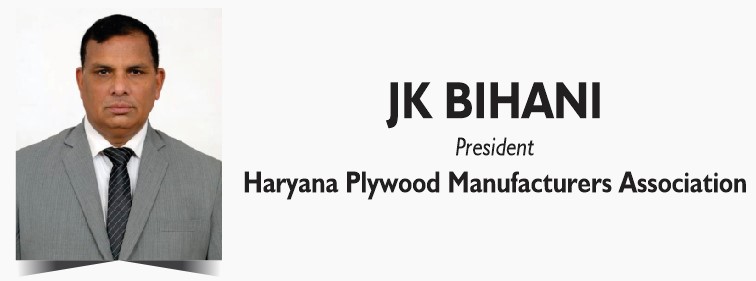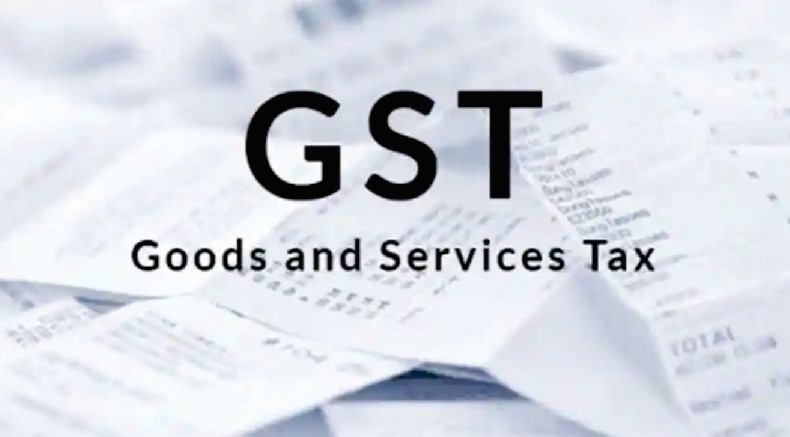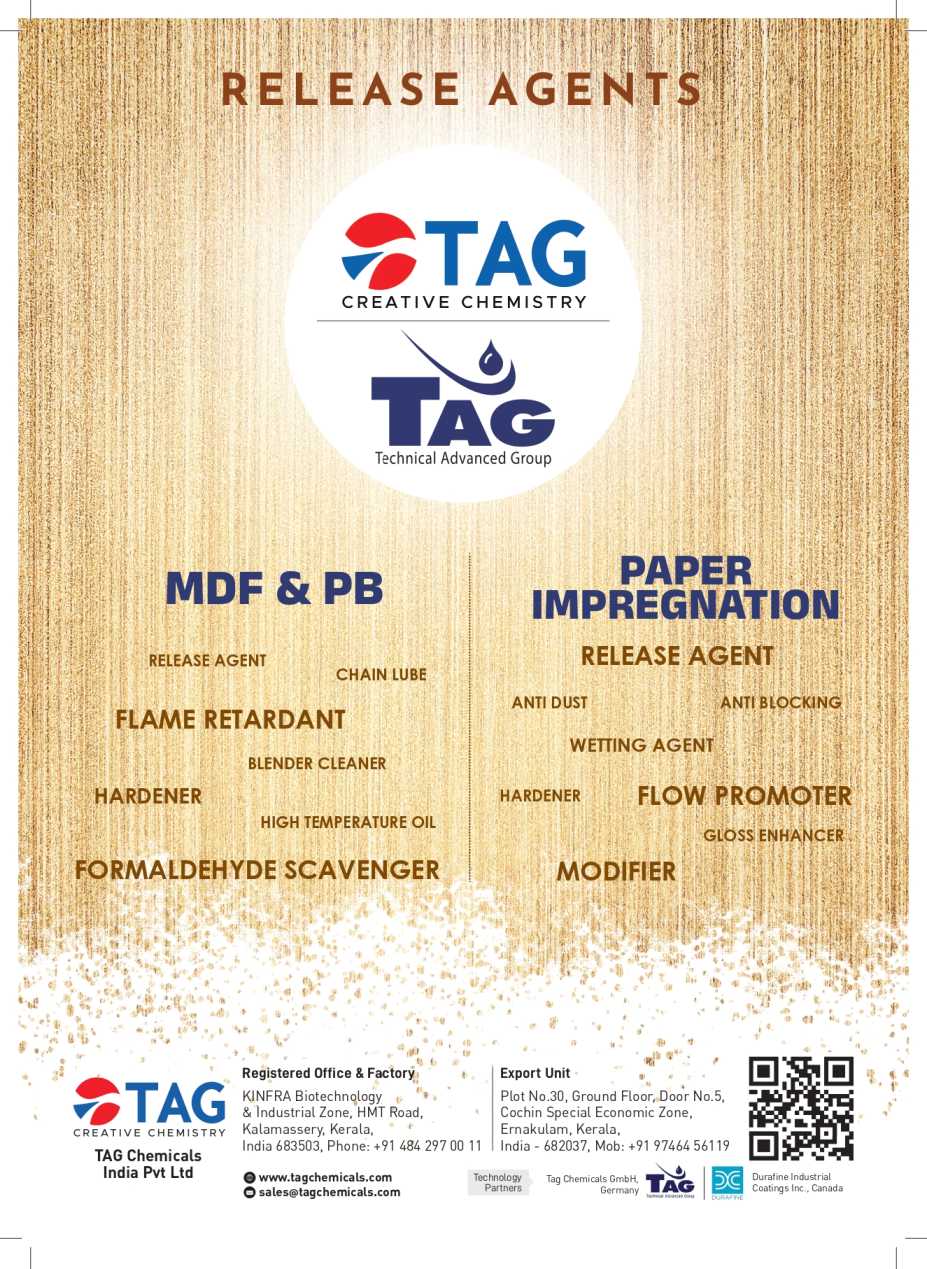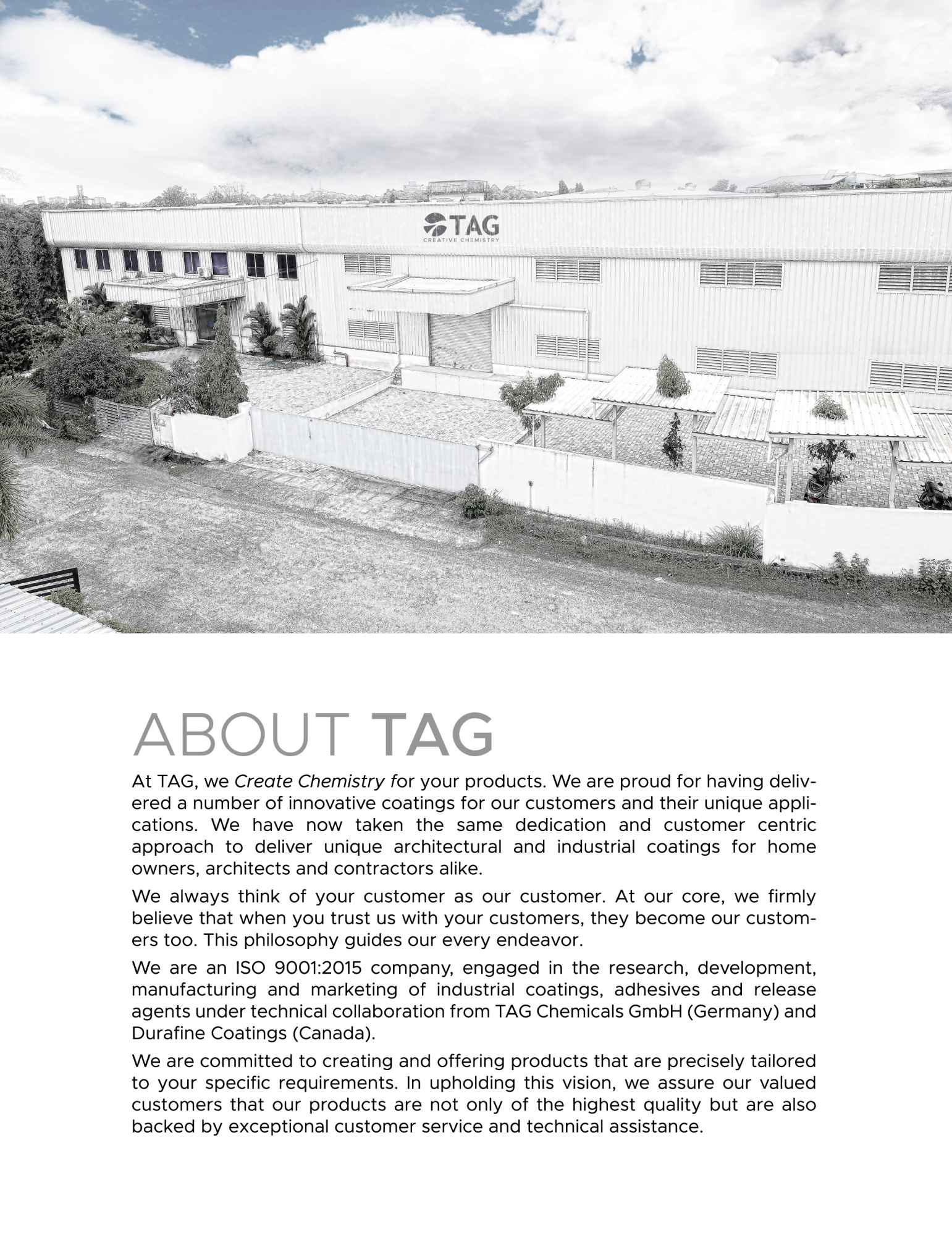
Special concessions will have to be given to attract the timber industry from other states
- May 8, 2025
- 0
Yamunanagar industrialist JK Bihani believes that if the UP government wants to attract the timber industry, it will have to make the policy more lucrative for it. He had participated the Samvad & Samadhan program of Plywood Manufacturer Welfare Association in Saharanpur.
He praised the program, but at the same time he also said that almost every state has policies like UP. Hence, such policies are not enough to attract industry.
For the timber industry, five to six acres of land is required for one unit. So if the UP government wants to attract the timber industry to Saharanpur, then a special cluster will have to be built in at least one thousand acres of land. In Haryana, land is expensive as compared to UP. So those industrialists who are looking for cheap land for their new investment can move to Saharanpur.
But cheap land alone is not enough to attract any industry. Many other factors also work. For example,
- Industrialists should be given discounts in electricity.
- There should be discounts in land registration.
- Capital subsidy should be given.
- If state discounts fully or 75 percent discount on GST, at least for five to seven years, then the offer will be more attractive.
If such a policy is prepared then industrialists can be attracted towards Saharanpur.
There is no doubt that wood from UP is coming to Yamunanagar. There is a reason for this. The reason is that the price of wood in Yamunanagar is relatively higher than UP. Apart from this, there are regular ups & down in daily rates of Yamunanagar market. Due to which the commission agents or farmers also get the benefit of ups and downs. This is a big attraction. That is why we are confident that this market will always flourish.
JK Bihani praised the program and congratulated the association’s president Ashok Agarwal for the successful program.
BIS licenses are issued in Nepal and Vietnam?
Indian wood based industries are not so enthusiastic about BIS licenses right now because small and micro industries have got additional time of three and six months respectively. Where as, many BIS licenses have been issued in Nepal and Vietnam.
More than ten licenses have been issued in Nepal. One or two licenses of MDF have been given in Indonesia and Thailand. Vietnam has been given three to four licenses for plywood. It is becoming a common belief among industrialists that more licenses will be issued to Nepal by June.
Still QCO is beneficial?
The good thing about QCO is that with its implementation a system has been established regarding the quality of plywood. But the problem is that this system can also create problems for us. Because BIS can take samples of plywood manufactured in the country from anywhere.
Now it has to be seen that from where will the samples of plywood imported from Nepal and other countries be drawn? Because samples should be taken at the border only. If this is not the case, then it should be made aware to officers, in which markets of the country the imported goods have been sold.
Now most of the depots of imported goods are in Siliguri. The foreign manufacturing is not obliged to give information about the retail outlets for goods supplied to other parts of the country. How will BIS get this information? Such a system does not exist yet. Attention should be paid to this. Otherwise, there may be a lot of problems for indigeneous manufacturing in near future.
































































